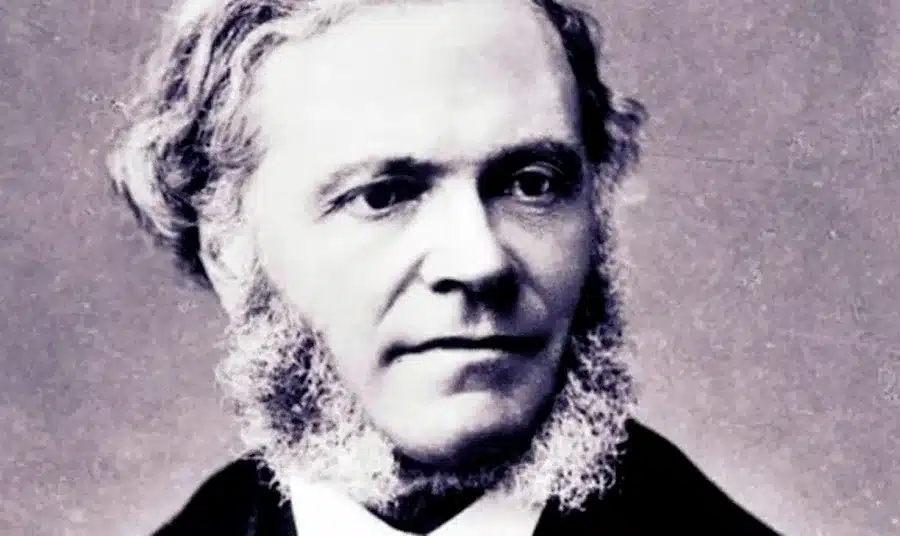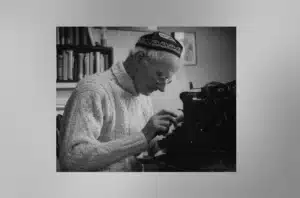Cesar Franck: Doyen of the Romantic Era
Cesar Franck is known as a Belgian-French composer, pianist and organist who lived in the second half of the 19th century. Franck, one of the most important figures of Romantic period music, is especially known for his organ and chamber music works. Franck, who was also a teacher, inspired many important musicians at the Paris Conservatory and made great contributions to the world of music.
Life and Education
Cesar Franck was born in 1822 in Liège (which belonged to the Kingdom of the Netherlands at the time, and is now within the borders of Belgium). He started music at an early age and studied at the Liège Conservatory. He then attended the Paris Conservatory, where he mastered the piano and organ.
Music Career and Works
Cesar Franck initially began his career as a pianist, but over time he turned more towards composing and organ playing. Franck spent most of his life in Paris, where he served as the organist of the Sainte-Clotilde Church and composed many organ works in this church.
Franck’s musical style includes rich harmonies, complex contrapuntal structures and deep emotional expression. Although his compositional style is associated with the late Romantic period, elements from the Baroque and Classical periods are also seen in his works.
Important Works:
- Symphonies:
- Franck’s most famous orchestral work is the D Minor Symphony. It attracts attention with its intense emotional expression and innovative structural features.
- Chamber music:
- His works such as the A Major Piano Quintet and the D Minor Violin Sonata are classics of the chamber music repertoire.
- Organ Works:
- Franck made great contributions to organ music and composed numerous works in this field. These works have an important place in the development of non-liturgical organ music.
- Chorale and Lieds:
- The religious chorales and lieds he wrote for solo vocals demonstrate Franck’s mastery of vocal music.
- Works Specific to the Piano:
- The preludes, fugues and variations that Franck wrote for the piano are still frequently performed by pianists.
Legacy
Cesar Franck played a key role in the development of French music through the influence he left on his students and followers. Among his students are names such as Vincent d’Indy, Ernest Chausson and Henri Duparc. Franck’s music is known for its emotional depth, technical mastery and innovative harmonic approaches. This great composer, who died in Paris in 1890, left behind immortal works and a deep musical legacy.








